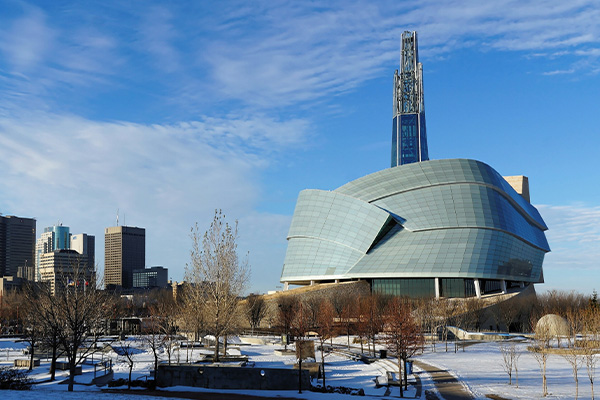Bone Density
Looking for a Bone Mineral Density test? At the WELL Health Clinic Network, we provide quick and convenient access to the care you need. Our dedicated healthcare providers are committed to delivering exceptional care, assisting you every step of the way.

Bone Density Near You
Your Bone Density Questions Answered
What is a bone mineral density (BMD) test?
A Bone Mineral Density (BMD) test is a painless and non-invasive examination that measures bone density. It helps assess your risk of developing osteoporosis or experiencing fractures, typically in the spine, hip, and sometimes the forearm
When should I get a bone mineral density test?
Although osteoporosis is more common in older women, men also can develop the condition. Regardless of your sex or age, your doctor may recommend a bone density test if you have:
- Reduced height: Individuals who have experienced a height loss of at least 4 centimetres (equivalent to 1.6 inches) may be at risk of compression fractures in their spines, primarily attributed to osteoporosis.
- Fractured bones: Fragility fractures are fractures that occur when a bone becomes unusually brittle and breaks more easily than anticipated. These fractures can sometimes be triggered by a forceful cough or sneeze.
- Taken certain drugs: Long-term use of steroid medications, such as prednisone, interferes with the bone-rebuilding process, which can lead to osteoporosis.
- Received a transplant: People who have received an organ or bone marrow transplant are at higher risk of osteoporosis, partly because anti-rejection drugs also interfere with the bone-rebuilding process.
- Lower than normal hormone levels: In addition to the natural drop in hormones that occurs after menopause, women’s estrogen may also drop during certain cancer treatments. Some treatments for prostate cancer reduce testosterone levels in men. Lowered sex hormone levels weaken bones.
How is a bone mineral density test done?
A bone density test uses X-rays to measure how many grams of calcium and other bone minerals are packed into a segment of bone. The higher your bone mineral content, the denser your bones are. And the denser your bones, the stronger they generally are and the less likely they are to fracture.
How should I prepare for a bone mineral density test and what should I expect?
To avoid delays on the day of your test, ensure that you bring your health card and your requisition.
Before your BMD test
Bone density scans require minimal preparation:
- Make sure you do not wear jewelry or any metallic objects on your body or clothes, such as metal buttons or zippers
- Do not take calcium/vitamin supplements for 24 hours before the examination
- Reschedule your BMD test if you have had a nuclear medicine dye injection or a barium study within the past two weeks
- Please ensure you bring your health card and doctor’s requisition
During your BMD test
You may be required to wear a gown during your bone density scan. An X-ray machine will scan the areas prone to bone degradation, including your back and hips. There is minimal physical contact with the test machine during the test.
After your BMD test
When the test is complete, you can return to your normal activities.
How do I find a bone mineral density test near me?
You can use the WELL Clinics website to quickly find a Bone Density clinic near you. If you have a referral or requisition, select the button below to book an appointment.
If you don’t have a referral or requisition but would like to request a bone mineral density test, book with your family doctor. Or use our clinic map to find a primary care clinic or telehealth service and request a referral.





